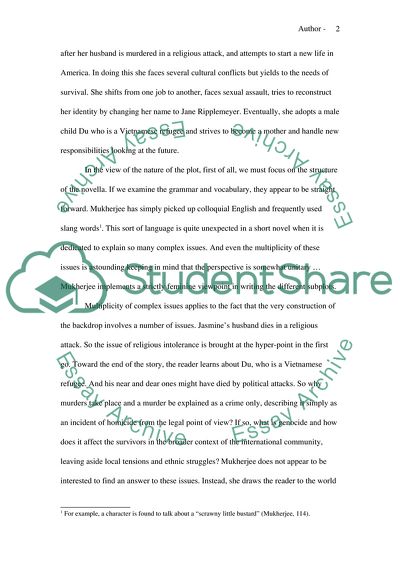Cite this document
(“Jasmine Assignment Essay Example | Topics and Well Written Essays - 1000 words - 1”, n.d.)
Jasmine Assignment Essay Example | Topics and Well Written Essays - 1000 words - 1. Retrieved from https://studentshare.org/literature/1618672-jasmine-assignment
Jasmine Assignment Essay Example | Topics and Well Written Essays - 1000 words - 1. Retrieved from https://studentshare.org/literature/1618672-jasmine-assignment
(Jasmine Assignment Essay Example | Topics and Well Written Essays - 1000 Words - 1)
Jasmine Assignment Essay Example | Topics and Well Written Essays - 1000 Words - 1. https://studentshare.org/literature/1618672-jasmine-assignment.
Jasmine Assignment Essay Example | Topics and Well Written Essays - 1000 Words - 1. https://studentshare.org/literature/1618672-jasmine-assignment.
“Jasmine Assignment Essay Example | Topics and Well Written Essays - 1000 Words - 1”, n.d. https://studentshare.org/literature/1618672-jasmine-assignment.


